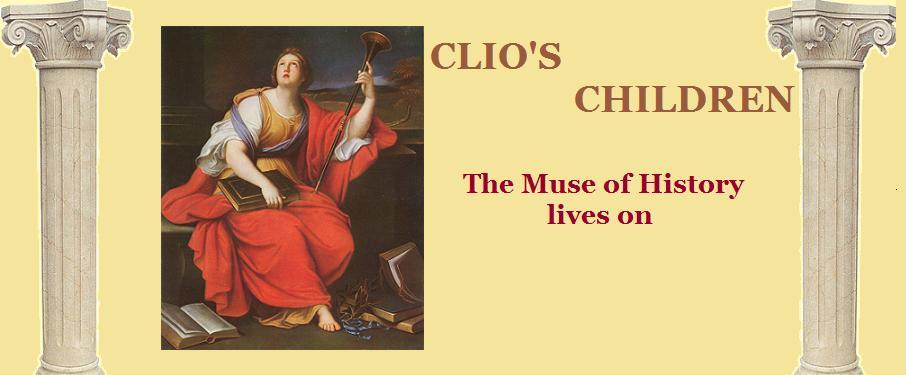We've been slogging through an exceptionally wet spell, here in Idaho, and having noticed my mood has been going distinctly south more and more each day that there's no break in the rain, that got me to musing about the effect weather has on history. That's an exceptionally long introductory sentence, as I look it over, and it seems that the weather is having a draggy effect on my writing as well.
SAD (Seasonal Affective Disorder) is a recognized medical condition characterized by feelings of depression, malaise, and fatigue. It appears that lack of sunlight can cause a host of negative physical symptoms and the treatment is exposure to sunlight. Actually, there's a great deal more involved, but sunlight is key to regaining a sense of metabolical equilibrium.
However, too much sunlight can trigger another set of physical problems, ranging from sunburn to skin cancer. Again, it's finding the proper balance that seems to do the trick.
The Historical Connection
And now for the tie-in to history. What affects one individual also affects collections of individuals and when it's the weather that's the catalyst, people can get downright cranky. In fact, they can get rebellious.
July 4, 1776 - The signing of the Declaration of Independence and the beginning of the American Revolution.
July 14, 1789 - Storming of the Bastille and the beginning of the French Revolution.
These two examples of the long, hot summers of rebellion make me wonder if the heat took its toll on the populace and one more hot day was the proverbial straw.
The Exception that Proves the Rule
Aha! You say. But what about the Russian Revolution that began in February 1917, eh? No problem there. Have you ever been in Russia in the winter? Dark days, no sunlight, and unrelenting cold and snow and ice and sleet. People were getting antsy. They knew what was coming and had to do something to get rid of the angst that was building up inside. No better way toward catharsis than toppling the government.
Anyhow, just a few thoughts on how weather may have been a silent (or not so silent) partner in some major historical events. Anyone have any other events you can link to Mother Nature?
Monday, June 7, 2010
Subscribe to:
Post Comments (Atom)




1 comments:
It's a wonderful idea for the 'purist' historical novelist - that rare person who likes to get every small detail right - to check the actual weather that obtained at a given date and location in their story.
It seems an impossible task, if we go back much before the 20th century. But we can glean a lot of such minutiae - for the UK - from the Times archive, which goes back to 1789. Little accounts of 'storms at sea' and 'unseasonable gales' can add a touch of authenticity. (And there's always some pedant who will look up such references and worship us if we get them right.)
In my last novel, I tried to get every phase of the moon correct for key episodes. So when my rogues were burying a body on a certain date by 'the last sliver of the fading mooon', the moon - that night in 1623 - was indeed in its last quarter.
But I doubt if anyone noticed...
Post a Comment